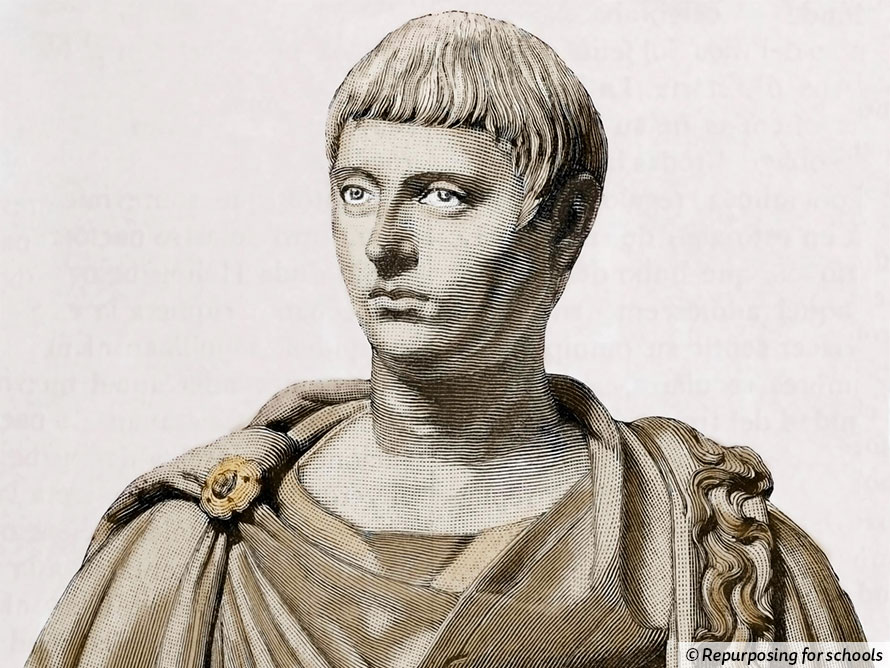Is the past a foreign country? An historical debate over the gender identity of a teenage emperor has hit the mainstream — and could reshape how we see the ancient world.
The Roman emperor who was a trans woman
 Bitter end: Elagabalus was murdered by his own soldiers and replaced with his cousin.
Bitter end: Elagabalus was murdered by his own soldiers and replaced with his cousin. Glossary
Assassinated - Murdered for political ends. The word is thought to derive from the name given to a Shia Muslim sect based in medieval Persia, the Hashshashin, who carried out high-profile murders of important leaders.
Gender reassignment surgery - A range of surgeries that some transgender people choose to have so that their body matches the gender they identify with.
Ahistorical - Lacking historical perspective or context.
Anachronistic - Something belonging to the wrong time period.
LP Hartley - A British novelist, born in 1895.
Libel - A false written statement about someone that damages their reputation.
Patriarchal - A society in which adult men have a monopoly on power. In these societies, men tend to hold all political positions, and women and children are also expected to obey the men in their families.
Chauvinists - People who have unreasonable belief in the superiority of their own group, particularly men prejudiced against women.
